Net zero
What does net zero mean for the UK, and the world?
Our net zero analysts
Tracking net zero globally
The Net Zero Tracker aims to increase transparency and accountability of net zero targets pledged by nations, states and regions, cities and companies. We - along with our partners - collect data on targets set and on many factors that indicate the integrity of those targets — essentially, how serious the entity setting the target is about meaningfully cutting its net emissions to zero.
Go to the Net Zero Tracker website.
You can also find the Net Zero scorecard for countries, based on the Net Zero Tracker data, on our website, highlighting the global race to net zero.
Go to the Net Zero Scorecard webpage on this website.
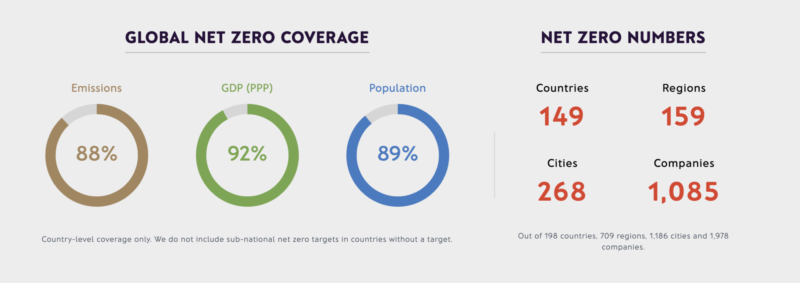
Mapping the UK net zero economy
Net zero activity already forms a key part of the UK economy, creating innovation-led, high-value employment opportunities and attracting foreign direct investment.
The net zero economy spans a number of new and emerging sectors, such as renewables, carbon capture, or green finance, as well as more traditional, established sectors, such as manufacturing.
This latest analysis shows that these businesses contributed £74 billion in Gross Value Added (GVA) in 2022-23, which is equivalent to 3.8% of the UK economy – larger than the economy of Wales (£66 billion). They also supported 765,700 Full Time Equivalent (FTE) jobs, equal to nearly 3% of total UK employment.
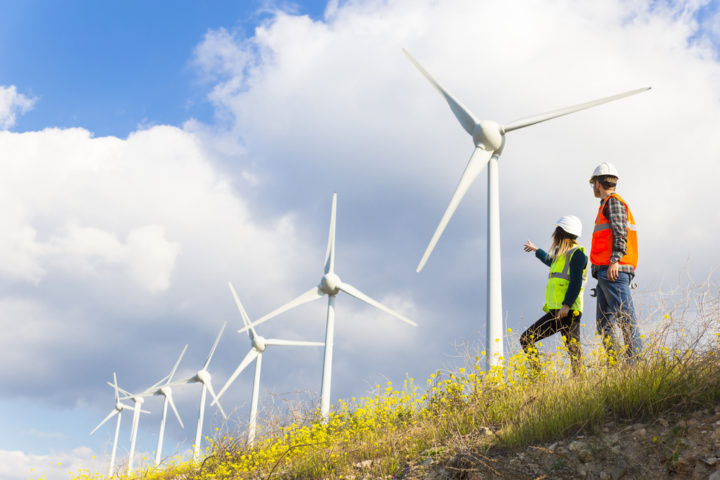
Highlighting global leaders... and laggards
ECIU maintains a presence at the United Nations Conference of Parties (COP), to monitor and analyse the negotiations among national actors.
We've set out why the UK's emissions matter on the global stage, and where the momentum on net zero is accelerating, and what global climate impacts mean for the UK's food supply and energy security.
You can also view all our infographics on the history of COPs, the IPCC's asessment reports, the Paris Agreement, and more.
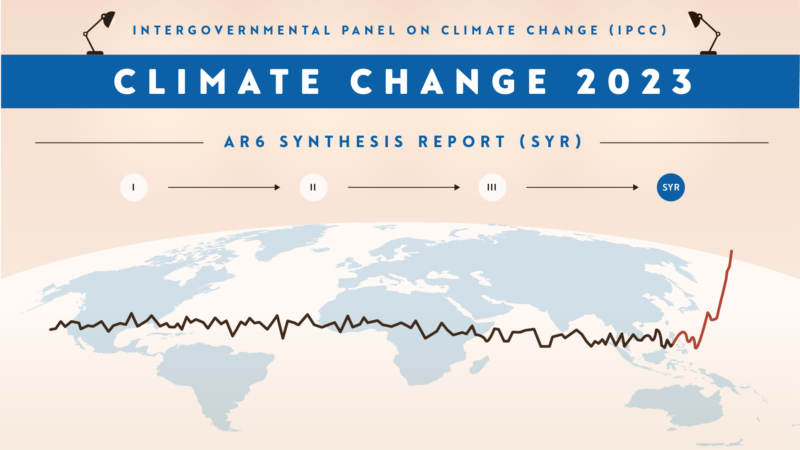

Cost of NOT zero in 2023
We identify the missed opportunities each year of a delayed transition to a net zero economy.
For example, in 2023, most households could have received one or more of these net zero upgrades, saving hundreds of pounds a year on energy costs. Some households, if they had all of the applicable technologies, could have saved around £1,850 on energy bills in 2022, and almost £1,900 in 2023, for a total of £3,750 over two years dominated by the gas crisis.[1]
Households are facing more than £600 extra in food bills over two years due to the impact of climate change and oil and gas prices on the farming and food sector.
This amounts to a potential £4,350 of costs for some household over two years caused by climate change and the limited roll-out of net zero technologies.
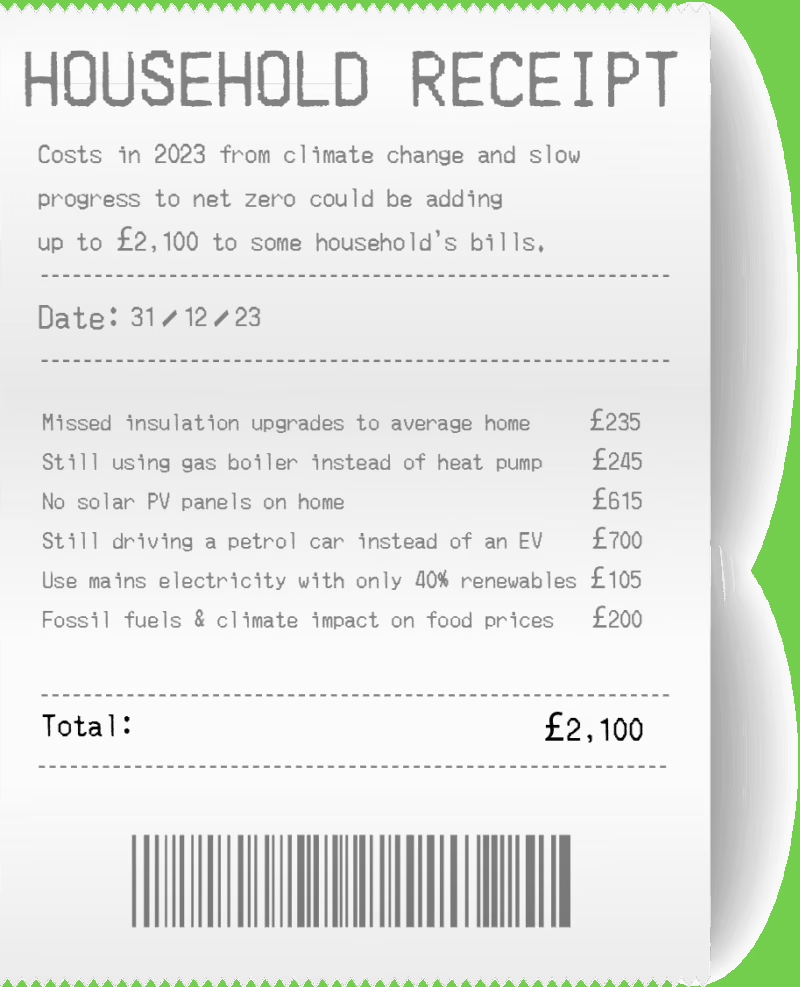
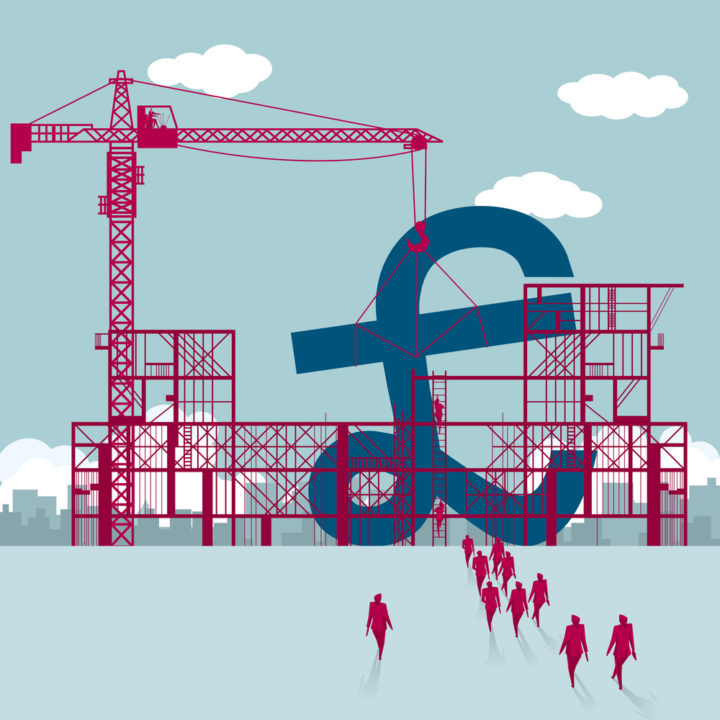
Latest content related to net zero
The UK’s net zero economy
Big four: global momentum
Cost of NOT zero in 2023
Local elections poll: what voters thought about climate/net zero
Poll: Brits back green investment, £28bn and Government battery factory support
MP poll: wrong on public support for onshore wind and don’t understand basic climate science
UK going ‘backwards’ – Government’s energy security strategy scores 3/10
Offshore wind: Treasury ‘caution’ set to backfire on bill payers, increase gas imports by 2.5x
UK renewables generate more power than gas over winter 2023/24
Net zero: why is it necessary?
Net zero: why 1.5ºC?
Flood risk and the UK
How is the UK tackling climate change?
2023’s climate disasters: from storms and cyclones to wildfires and extreme heat
2023 has been a year of record highs and lows for temperature and extreme weather.…
UK’s £11.6bn climate pledge: what if it steps back?
As warnings grow of Britain letting its climate leadership role slip, suggestions re-emerged of cuts and delays to UK cl…
Not 'just 1% of global emissions'
As Ministers slow some key net zero policies, once again the argument that the UK is 'only 1% of global emissions' resur…
Net Zero: Ambition globally
Over two-thirds of global GDP is now under actual or intended net zero by mid-century emission targets
IPCC Explainer: Climate change synthesis report
A visual tour of what you need to know from the IPCC's Sixth Assessment Report cycle (2021-2023)
Net Zero: A short history
Net zero has come a long way quickly, but it's a journey that's just beginning.
Recent media coverage
UK’s net zero economy grew 9% in 2023, report finds
The Guardian
Failure to deliver insulation and clean tech ‘cost households on energy bills’
Press Association
Hunt should ‘urgently’ announce UK response to US green deal, investors warn
City AM